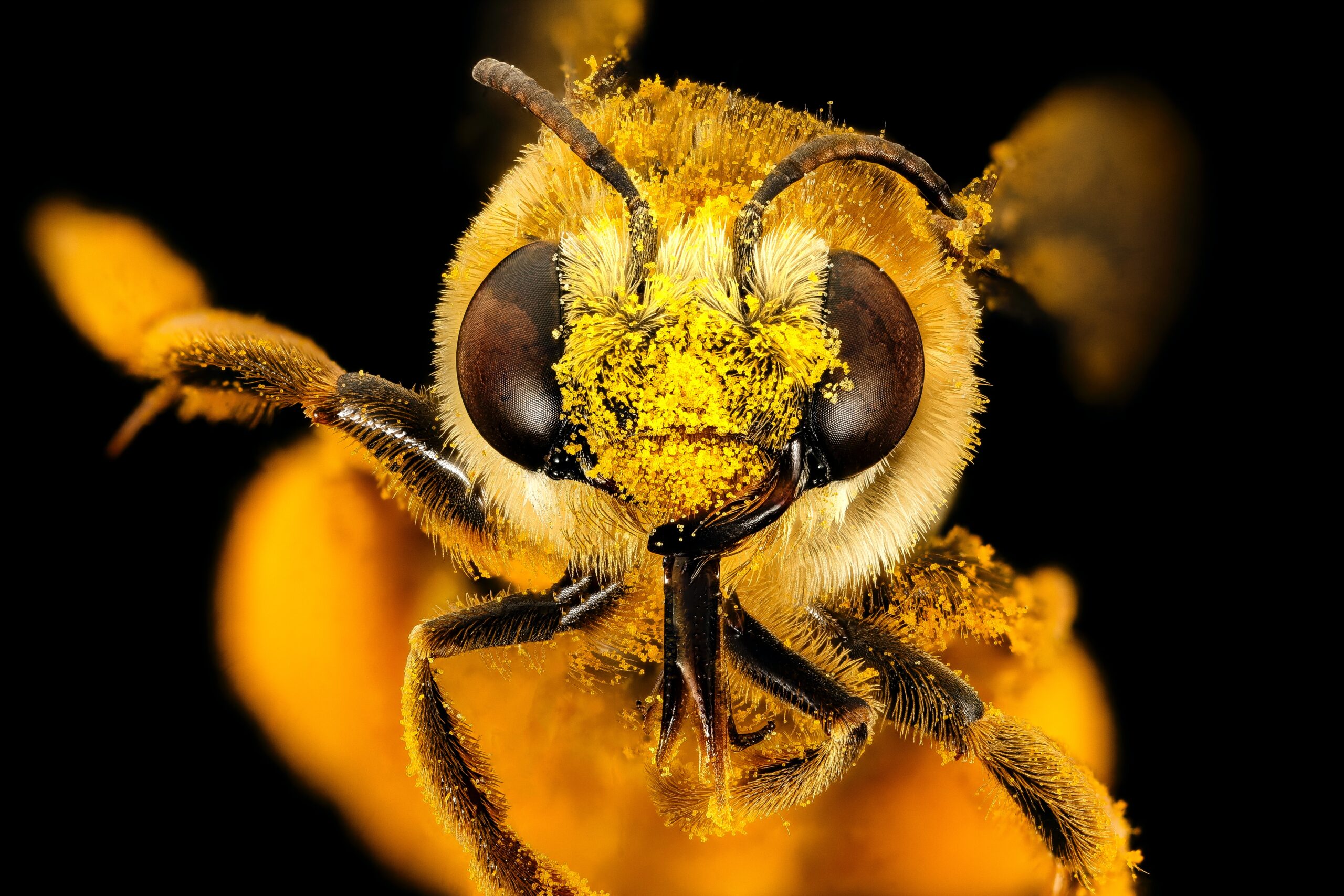As Earth’s most essential pollinators, bees play a crucial role in maintaining the health of our ecosystems and are vital to our food production and security. These tireless workers aid in pollinating approximately one third of all the food we consume, from fruits and vegetables to nuts and seeds. However, the alarming decline in bee populations worldwide has left scientists and environmentalists worried, pushing the need for us to search for the best ways to help save the bees.
1. Go Pesticide-Free: A Bee-Friendly Choice
Pesticides are harmful to bees. They can interfere with bee navigation, impair their foraging ability, or even be lethal. By going pesticide-free and opting for organic gardening practices, you can provide a safe and nutritious environment for these pollinators.
2. Support Local Beekeepers: Buy Honey Locally
Supporting local beekeepers not only helps to maintain their livelihood, but also contributes to local bee populations. These beekeepers manage their hives responsibly and prioritize bee health over production. Buying locally produced honey means supporting bee-friendly practices.
3. Turn Your Lawn into a Bee Sanctuary
Interestingly, the “weeds” we often want to remove from our lawns, such as dandelions and clover, provide vital food sources for bees. Transforming your lawn into a pollinator-friendly garden by planting a variety of flowering plants, particularly native ones, can create a haven for bees, providing them with the food and habitat they need to thrive.
4. Become a Beekeeper: Foster a Hive
One of the most direct and rewarding ways to help save the bees is to become a beekeeper yourself. By maintaining a hive, you’re contributing to your local ecosystem and promoting biodiversity. Plus, you get the bonus of harvesting your own honey!
5. Choose Bee-Friendly Products
Make a conscious choice to buy products from companies that use bee-friendly farming practices. Many organic and eco-friendly brands are committed to sustainable practices that ensure the well-being of bees, like avoiding harmful pesticides and promoting biodiversity.
6. Provide Safe Drinking Water for Bees
Bees need fresh water to survive, just like us. Leaving a shallow water dish with pebbles or marbles for bees to land on and drink, or setting up a rainwater collection system can provide a vital source of water for these thirsty workers. Remember to use clean, preferably filtered water to keep bees healthy.
7. Support Regenerative Agriculture
Regenerative agriculture emphasizes farming and grazing practices that rebuild soil organic matter and restore degraded soil biodiversity, creating resilient ecosystems that benefit pollinators like bees. By buying products from regenerative farms, you are promoting a farming system that protects and nurtures these vital insects.
8. Donate to Bee-Protection Organizations
Numerous organizations worldwide are dedicated to bee research, protection, and conservation. Donating to these causes ensures the continuation of their crucial work in maintaining bee populations and creating environments in which they can thrive.
9. Remove Swarming Hives Responsibly
If you discover a bee hive in an inconvenient location, make sure it is removed responsibly. Contact a professional or local beekeeping association who can relocate the hive without harming the bees.
10. Educate Future Generations
Instilling an understanding and love for nature in the younger generation is vital. Educate children about the importance of bees, the role they play in our ecosystem and food production, and how they can participate in their protection.
Implementing these best ways to help save the bees can have a meaningful impact on their survival. Remember, even small individual efforts can collectively make a significant difference to the health of our planet and the preservation of these industrious pollinators.



